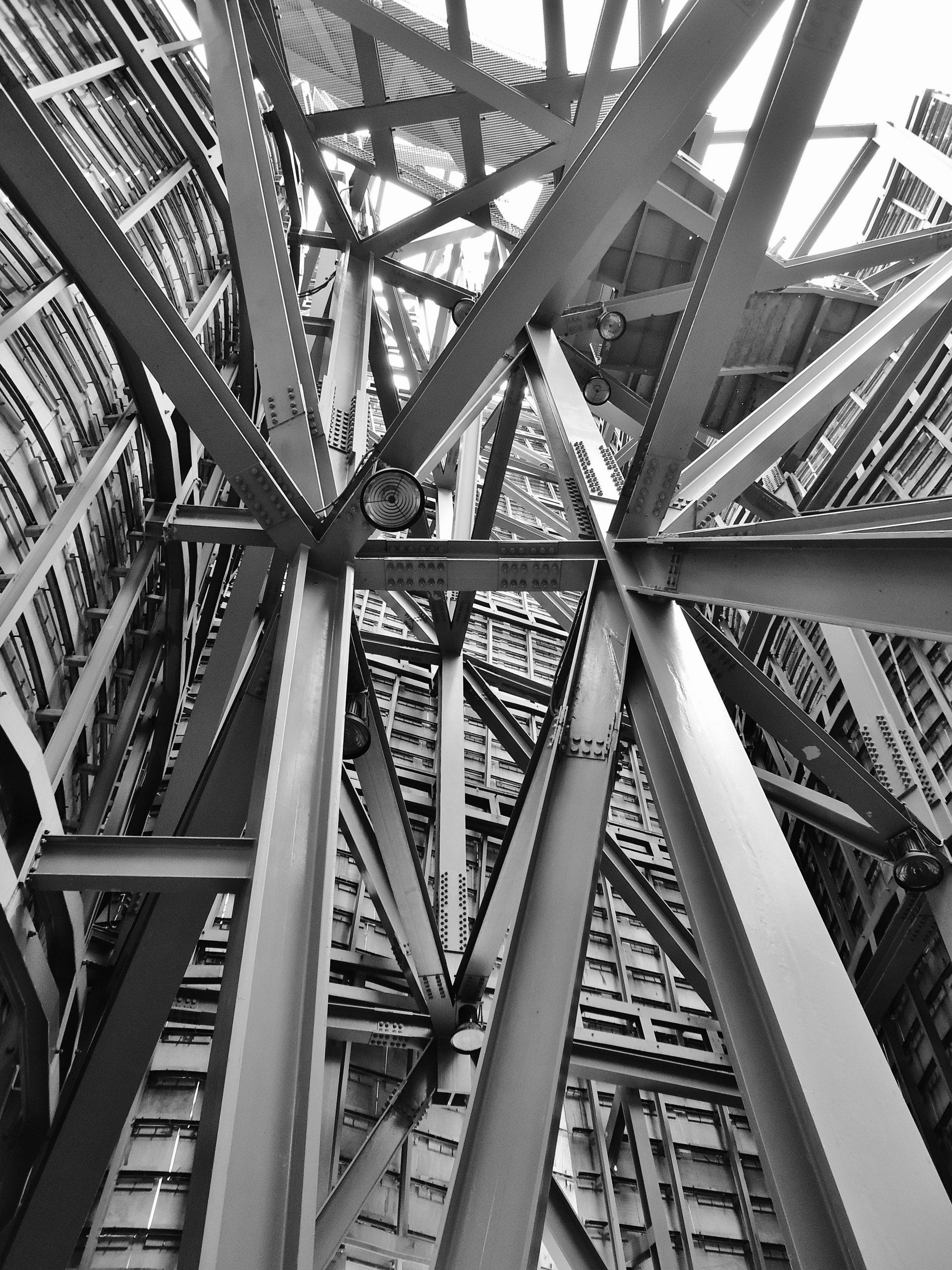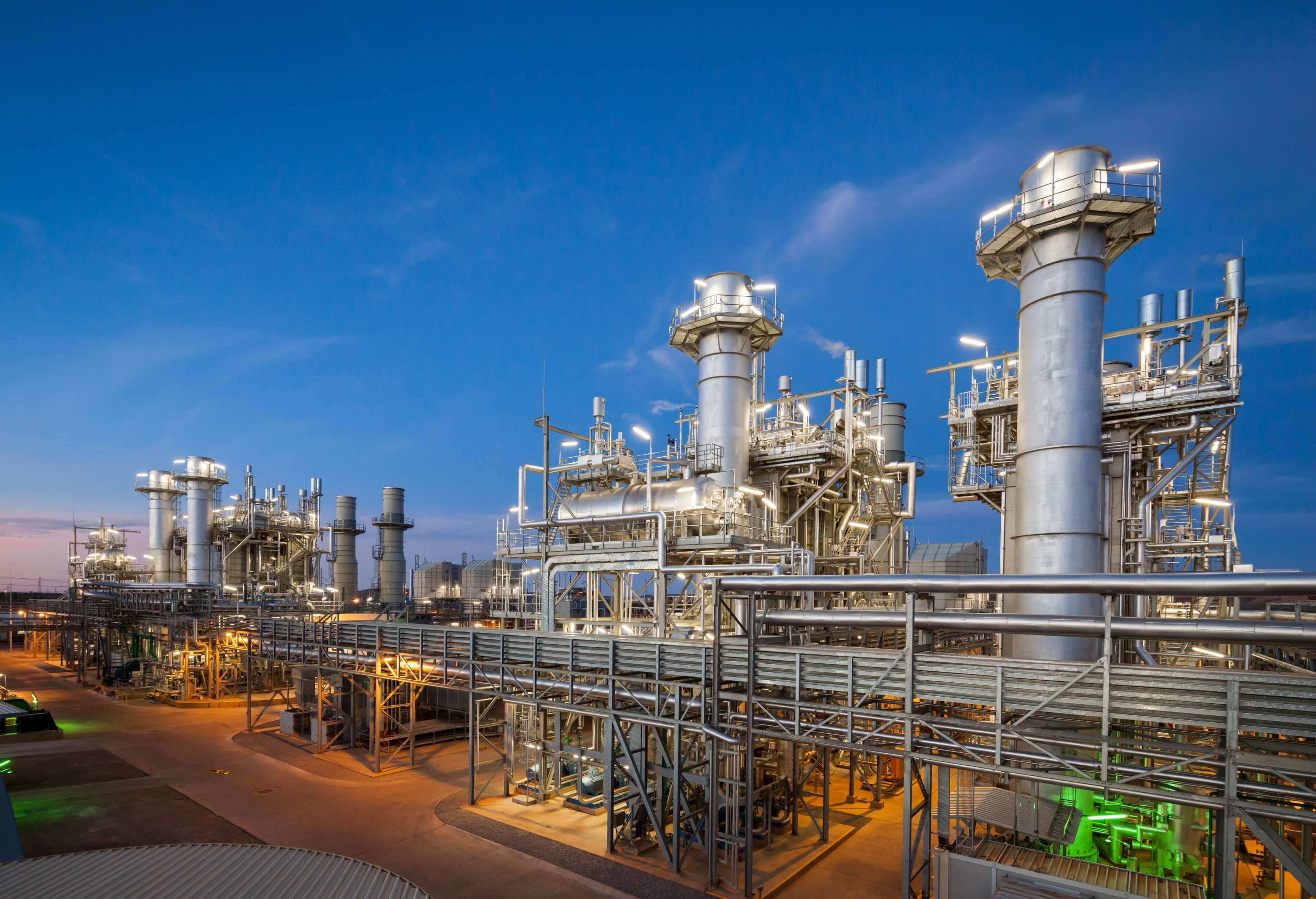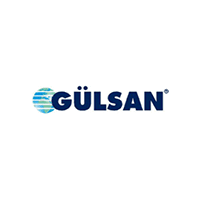
Officially known as the Arab Republic of Egypt,
Is a transcontinental country spanning the northeast corner of Africa and the southwest corner of Asia by a bridge formed by the Sinai Peninsula. Egypt is a Mediterranean country bordered by the Gaza Strip to the northeast, the Gulf of Aqaba to the east, the Red Sea to the east and south, Sudan to the south, and Libya to the west. Across the Gulf of Aqaba lies Jordan, and across from the Sinai Peninsula lies Saudi Arabia, although Jordan and Saudi Arabia do not share a land border with Egypt. It is the world’s only contiguous African nation. Egypt has among the longest histories of any modern country, emerging as one of the world’s first nation-states in the tenth millennium BC. Considered a cradle of civilization, Ancient Egypt experienced some of the earliest developments of writing, agriculture, urbanization, organized religion, and central government. Iconic monuments such as the Giza Necropolis and its Great Sphinx, as well as the ruins of Memphis, Thebes, Karnak, and the Valley of the Kings, reflect this legacy and remain a significant focus of archaeological study and popular interest worldwide. Egypt’s rich cultural heritage is an integral part of its national identity, which has endured, and at times assimilated, various foreign influences, including Greek, Persian, Roman, Arab, Ottoman, and European. One of the earliest centers of Christianity, Egypt was Islamized in the seventh century and remains a predominantly Muslim country, albeit with a significant Christian minority.

Considered to be a regional and middle power
Contemporary Egypt holds the status of being a regional and middle power, exercising substantial cultural, political, and military influence across North Africa, the Middle East, and the wider Muslim world. Egypt boasts one of the Middle East's largest and most diversified economies, positioning it to potentially become one of the world's largest economies in the 21st century. The nation is an active member of international organizations such as the United Nations, Non-Aligned Movement, Arab League, African Union, and Organization of Islamic Cooperation. With a population exceeding 90 million people, Egypt stands as the most populous country in North Africa and the Arab world, ranking as the third most populous in Africa (following Nigeria and Ethiopia), and the fifteenth-most populous globally. The majority of its citizens reside in proximity to the banks of the Nile River, an area spanning approximately 40,000 square kilometers (15,000 sq. mi) and known for its fertile land. The vast Sahara Desert regions, which make up the majority of Egypt's land area, are sparsely inhabited. Urbanization is prominent, with approximately half of Egypt's population residing in cities, primarily concentrated in the densely populated hubs of Greater Cairo, Alexandria, and other major urban centers located in the Nile Delta.
Why Egypt
Egypt enjoys access to significant global markets thanks to a range of international trade agreements, both multilateral and bilateral. These agreements involve the United States, European nations, Middle Eastern partners, and various African countries. As a result, Egyptian businesses that serve these markets can take advantage of valuable benefits and advantages.
The Egyptian economy has demonstrated its resilience in the face of economic challenges, such as the 2008 financial crisis. Long-term investors will discover numerous opportunities in Egypt's evolving landscape..
Egypt is in the process of transitioning into a stable, democratic, and modern economy. The fruits of this growth and prosperity will be accessible to all who contribute to its attainment.
Egypt has positioned itself as a vital consumer market in the region, evident in the influx of numerous global brands and substantial growth in retail sales over the past couple of years.
This growth is attributable in part to Egypt's large population, making it the most populous country in Africa and the Middle East. Furthermore, with 50% of Egyptians falling within the 15-44 age group, this demographic composition has significantly influenced spending patterns and investment trends.
Egypt boasts a world-class infrastructure foundation. The country is covered by three independent mobile phone networks, ensuring nearly 100% coverage of inhabited areas. In urban centers, wireline broadband services are readily accessible. Egypt's 15 commercial ports efficiently serve both exporters and importers, while an expanding and modernizing airport network accommodates passenger and cargo traffic. Egypt's Air Cargo Airport presently operates three cargo terminals, handling a wide range of goods including textiles, vegetables, and various industrial products.
Additionally, Egypt boasts a well-established network of railways and roadways, encompassing 108,784 kilometers of roads, a railway network spanning 9,570 kilometers, and 20 airports. The nation provides cost-effective and reliable access to power, water, and gas resources. Egypt is rich in natural resources, ensuring an abundant supply for agricultural, industrial, and mining activities.
Egypt provides convenient access to key global markets in Europe, the Middle East, Africa, and the Indian Subcontinent. Notably, Egypt is closer to European and North American markets than other major exporters like India, China, and the Philippines. It is strategically positioned along critical international logistics routes.
Egypt's exceptional advantage lies in the presence of the Suez Canal, which serves as the shortest link connecting the East and the West due to its unique geographic location. The Suez Canal facilitates the passage of approximately 8% of the world's maritime shipping annually.
For vessels transiting through the canal, whether from east to west or west to east, significant savings in terms of distance, time, and operating costs are realized. Additionally, maritime transport is the most cost-effective mode of transportation, with over 80% of the world's trade volume transported via waterways (seaborne trade).
Egypt has taken decisive steps to create a favorable investment environment. The country has implemented an ambitious reform plan aimed at achieving fiscal sustainability and addressing macroeconomic imbalances. The primary goal is to reduce economic risk and instill confidence in investors.
This reform plan includes measures to expand the tax base, rationalize spending on fuel and electricity subsidies, optimize capital expenditure, and allocate greater resources to public services and social security. These actions are designed to promote economic stability and attract investment.
WHY 6TH OF OCTOBER CITY.
6th October City was founded in 1979 through Presidential Decree No. 504 by President Anwar El Sadat. It is strategically located, just 17 km from the iconic Pyramids of Giza and 32 km from downtown Cairo. This city covers a vast area of 400 square kilometers and is projected to house a population of 3.7 million residents. What sets 6th October City apart is its expansive industrial zone, which serves as the foundation for the entire city. This industrial hub generates employment opportunities not only for its residents but also for people from various parts of Giza. In close proximity to this industrial area, you'll find a thriving banking sector housing branches of all major Egyptian banks, catering to the financial needs of both the industrial sector and residents. 6th October City plays a crucial role in Egypt's development and enjoys special attention from the Egyptian government. It offers a comprehensive array of amenities and services, making it an ideal choice for various purposes.
WHY SADAT CITY.
Polaris Sadat City is located in a unique Location, placing the project neighboring to industrial zones, all industrial vitalities & in close proximity to residential areas and main road axes.


















